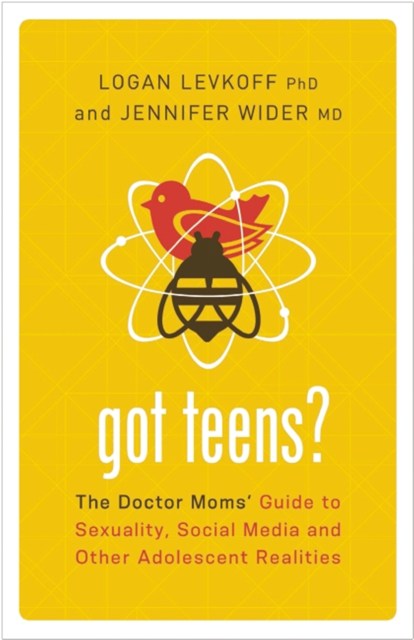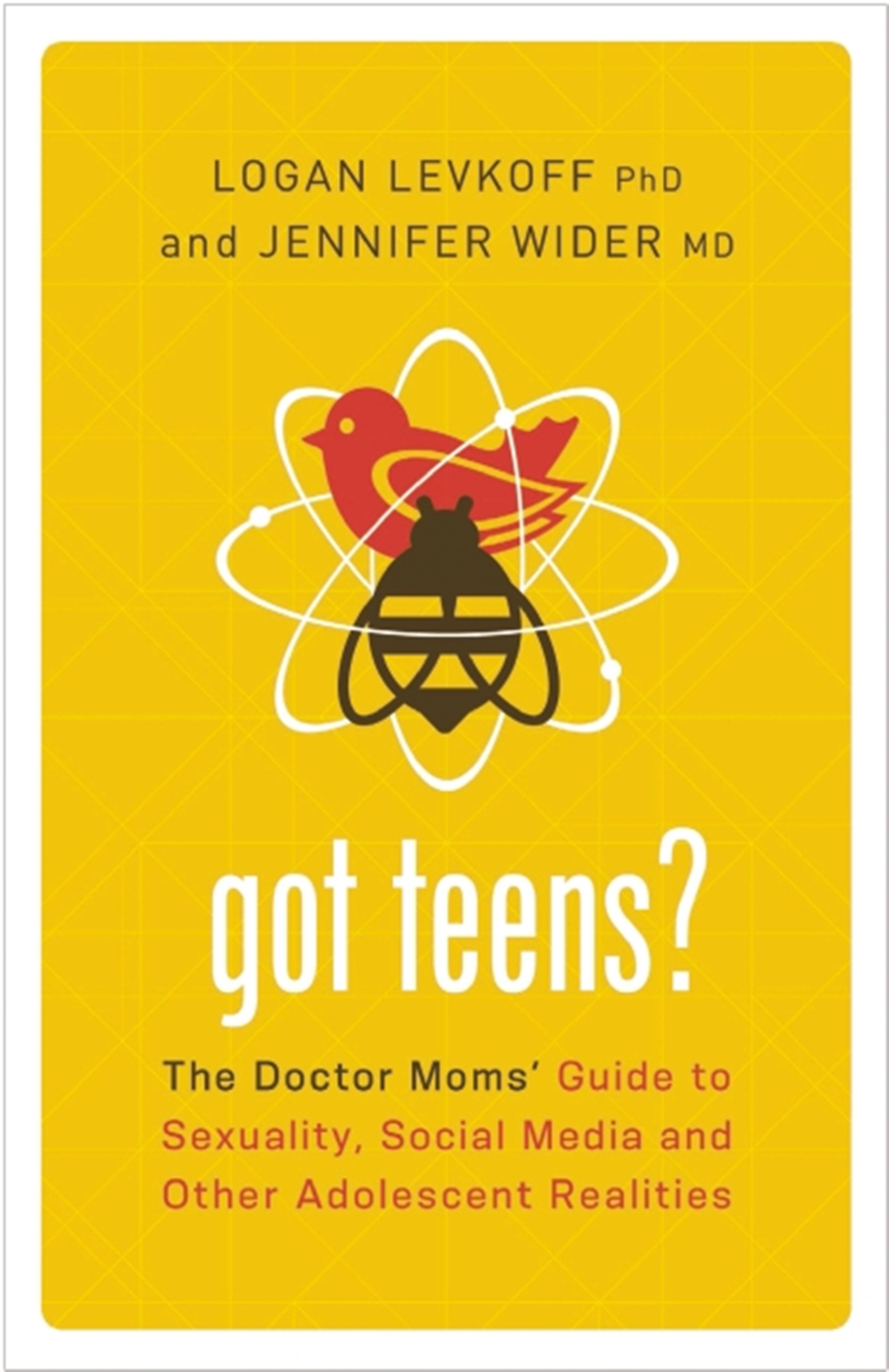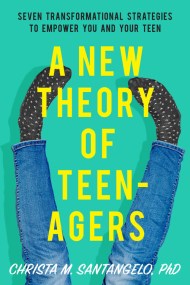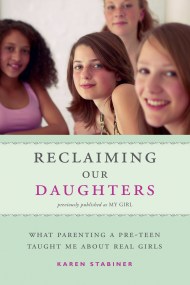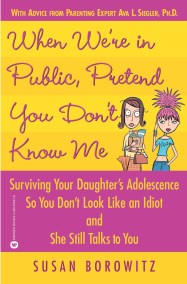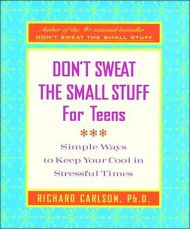Promotion
Sign up for our newsletters to receive 20% off! Shop now. Exclusions apply.
By clicking “Accept,” you agree to the use of cookies and similar technologies on your device as set forth in our Cookie Policy and our Privacy Policy. Please note that certain cookies are essential for this website to function properly and do not require user consent to be deployed.
Got Teens?
The Doctor Moms' Guide to Sexuality, Social Media and Other Adolescent Realities
Contributors
By Jennifer Wider, MD
Formats and Prices
Price
$9.99Price
$12.99 CADFormat
Format:
- ebook $9.99 $12.99 CAD
- Trade Paperback $16.00 $17.50 CAD
This item is a preorder. Your payment method will be charged immediately, and the product is expected to ship on or around February 11, 2014. This date is subject to change due to shipping delays beyond our control.
Also available from:
"We’ve been there. And as parents, we are right there with you.” —Health and sexuality experts Logan Levkoff, PhD and Jennifer Wider, MD.
In Got Teens?, the Doctor Moms combine their medical and psychological knowledge with their own personal experiences to address the most cringeworthy and difficult questions that kids often ask their parents. From "How old were you when you first had sex?” to "What’s wrong with sharing my password with a friend I trust?” and beyond, Levkoff and Wider will help you decode your teens’ questions to figure out what they really want to know.
Topics include body development, emotional changes, bullying, social media, substance abuse, and more—giving parents the confidence to tackle these subjects with authority and compassion.
- On Sale
- Feb 11, 2014
- Page Count
- 224 pages
- Publisher
- Seal Press
- ISBN-13
- 9781580055079
Newsletter Signup
By clicking ‘Sign Up,’ I acknowledge that I have read and agree to Hachette Book Group’s Privacy Policy and Terms of Use
